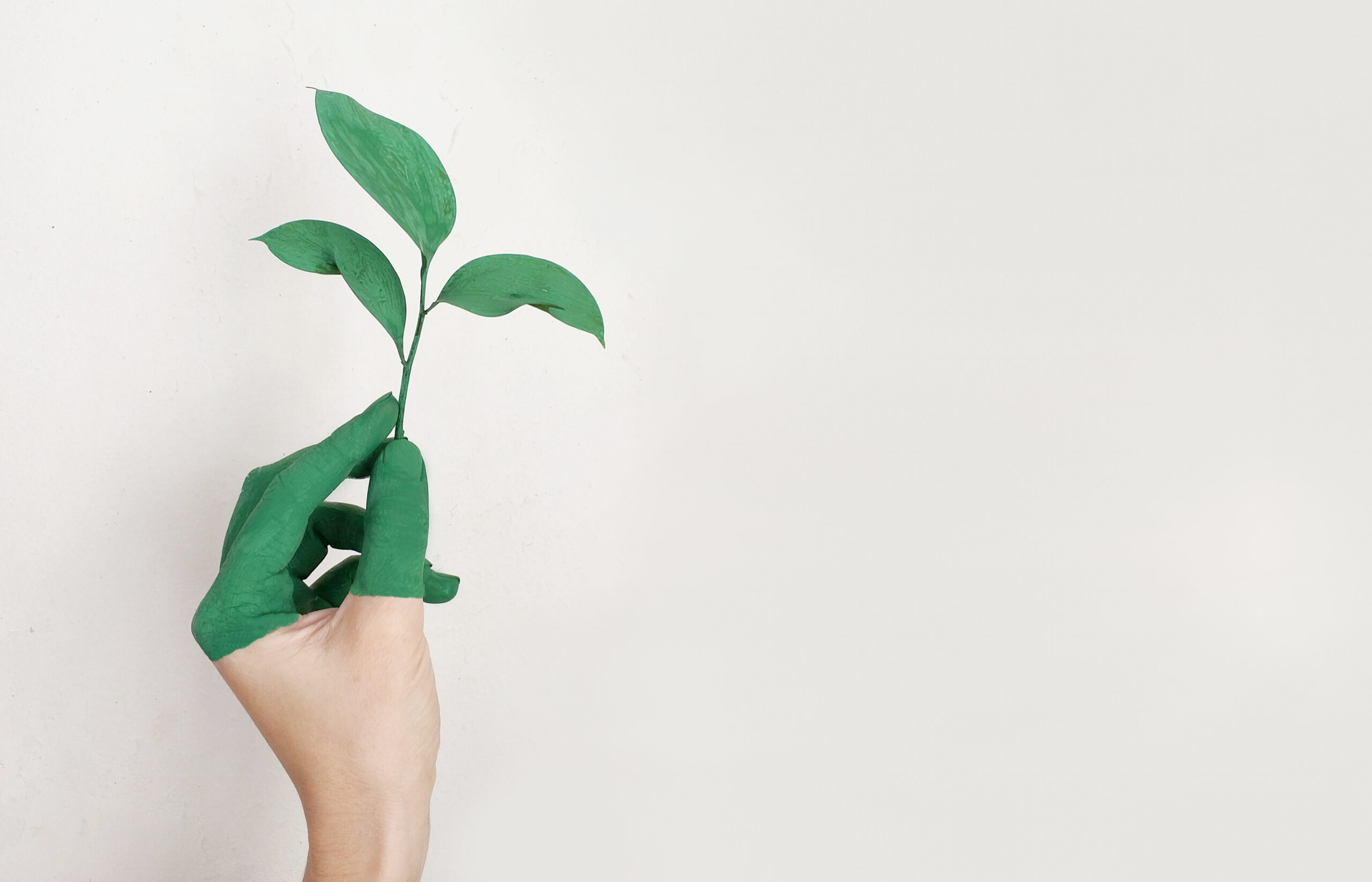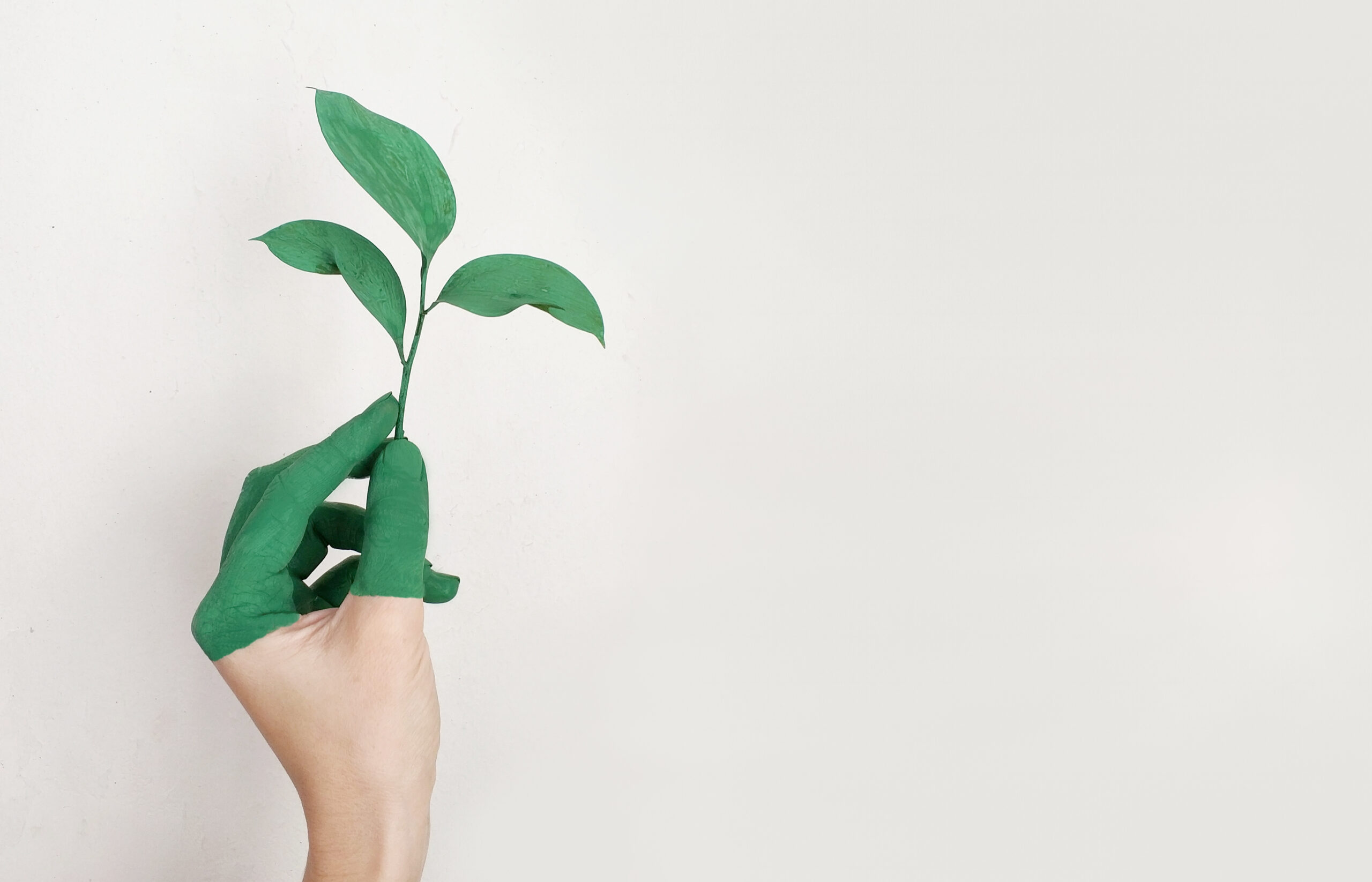If you’re looking to prioritize your well-being while indulging in delicious meals, Tastepan has got you covered. Our collection of nutritious and mouthwatering recipes will not only satisfy your taste buds but also nourish your body. And what better way to enhance the flavors of your dishes than by using homegrown herbs and vegetables? In this article, we’ll explore the numerous benefits of cultivating your own garden, from having access to fresh and flavorful ingredients to promoting sustainability and reducing your carbon footprint. Get ready to embark on a journey of culinary delight and healthy living as we delve into the advantages of homegrown herbs and vegetables.

Enhanced Flavor and Taste
Freshness
When you grow your own herbs and vegetables at home, you have the luxury of picking them fresh from your garden whenever you need them. The flavor and taste of freshly harvested produce are unparalleled. The vibrant colors, crisp texture, and intense aroma will elevate any dish you prepare.
Variety of flavors
By cultivating your own herbs and vegetables, you open up a world of flavors and culinary possibilities. You can experiment with unique and exotic herbs and vegetables that may not always be readily available at your local grocery store. Imagine having a garden full of aromatic basil, tangy tomatoes, spicy peppers, and fragrant lavender – the possibilities are endless!
Control over seasoning
When you grow your own herbs and vegetables, you have full control over the seasoning of your dishes. You can adjust the levels of salt, spices, and herbs to suit your taste preferences. This allows you to create personalized and flavorful meals that cater to your individual palate. Say goodbye to bland and generic store-bought produce and hello to a burst of flavor in every bite!
Nutritional Value
Higher nutrient content
Homegrown herbs and vegetables are packed with nutrients, as they are harvested at the peak of their ripeness. When you buy produce from the store, it may have been picked before it fully ripened to withstand transportation and shelf life. This means that it might have fewer nutrients compared to those grown in your own garden. By growing your own, you can ensure that you’re getting the maximum amount of vitamins, minerals, and antioxidants from your food.
Preserved vitamins and minerals
The longer produce sits on grocery store shelves or in transit, the more it loses its nutritional value. Homegrown herbs and vegetables, on the other hand, are consumed shortly after being picked, preserving their vitamins and minerals. This ensures that you’re getting the most nutritional benefit from your food, supporting your overall health and wellbeing.
No harmful pesticides
By growing your own herbs and vegetables, you have control over what pesticides and fertilizers are used, if any at all. You can choose to adopt organic gardening practices, avoiding the use of harmful chemicals. This means that you can enjoy the peace of mind knowing that your food is free from potentially harmful substances. It’s a great way to prioritize your health and the health of your loved ones.

Cost Savings
Reduction in grocery bills
One of the significant advantages of growing your own herbs and vegetables is the reduction in your grocery bills. Instead of purchasing expensive store-bought produce, you can simply step into your garden and harvest fresh ingredients for your meals. Over time, this can result in significant savings, especially during peak seasons when certain herbs and vegetables are priced higher.
Elimination of transportation costs
Transportation costs play a role in the price of store-bought produce. By growing your own herbs and vegetables, you eliminate the need for transportation altogether. You don’t have to worry about fuel costs or the environmental impact of food miles. This not only saves you money in the long run but also reduces your carbon footprint.
Minimal waste
When you buy herbs and vegetables from the store, you often end up with more than you actually need. This can lead to food waste if you’re unable to use it all before it goes bad. However, when you grow your own produce, you can harvest only what you need, reducing the chances of wastage. This is not only economically beneficial but also environmentally conscious.
Health Benefits
Better overall health
Homegrown herbs and vegetables are not only fresher but also richer in essential nutrients. This means that by incorporating them into your diet, you can improve your overall health. The vitamins, minerals, and antioxidants found in these homegrown delights can boost your immune system, support healthy digestion, and promote healthy skin, hair, and nails. Eating a diet rich in homegrown produce is a natural and delicious way to nourish your body.
Weight management
When you have a garden full of fresh herbs and vegetables, it becomes easier to maintain a healthy weight. These nutrient-dense foods are low in calories and high in fiber, helping you feel full and satisfied. By incorporating them into your meals, you can create delicious and filling dishes that will keep you energized throughout the day. Homegrown produce is a secret weapon for those looking to shed a few pounds or maintain a healthy weight.
Lower risk of chronic diseases
A diet rich in fruits and vegetables has been linked to a reduced risk of chronic diseases such as heart disease, type 2 diabetes, and certain types of cancer. By growing your own herbs and vegetables, you can ensure that you’re consuming a diverse range of these disease-fighting powerhouses. The antioxidants and phytochemicals found in homegrown produce have been shown to have protective effects on the body, keeping you healthy and vibrant.

Environmental Sustainability
Reduced carbon footprint
By growing your own herbs and vegetables, you contribute to reducing your carbon footprint. When you buy produce from the store, it typically travels long distances, using fuel and emitting greenhouse gases along the way. By growing food in your own backyard, you eliminate the need for transportation and those food miles. It’s a small but significant step towards a more sustainable future.
Conservation of resources
Commercial agriculture requires vast amounts of water, land, and other resources. By growing your own herbs and vegetables, you minimize the strain on these resources and promote conservation. You have control over how much water and fertilizer you use, ensuring that you don’t contribute to wasteful practices. It’s an environmentally responsible decision that positively impacts the world around you.
Minimal food packaging
Store-bought produce often comes wrapped in layers of plastic or packaged in containers, contributing to the plastic waste problem. By growing your own herbs and vegetables, you can eliminate the need for excessive packaging. Simply harvest what you need, reducing the amount of plastic and packaging waste that ends up in landfills or oceans. It’s a small change that can make a big difference in preserving the environment.
Improved Mental Well-being
Stress relief
Gardening has long been known for its therapeutic benefits. The act of tending to your herbs and vegetables, getting your hands in the soil, and nurturing the plants can provide a sense of peace and calm. It’s a form of stress relief that allows you to disconnect from the busy world and connect with nature. The rhythmic tasks of watering, weeding, and harvesting can be meditative, providing a much-needed break from the stresses of daily life.
Mindfulness and relaxation
When you grow your own herbs and vegetables, you become more present in the moment. The process of tending to your garden requires focus and attention to detail. This mindfulness allows you to fully immerse yourself in the present, leaving behind worries and distractions. Gardening can be a form of relaxation, allowing you to recharge and rejuvenate your mind.
Sense of accomplishment
There’s a unique sense of satisfaction that comes with growing your own food. Watching your seeds sprout, nurturing them through various stages of growth, and finally harvesting the fruits of your labor is incredibly rewarding. It fills you with a sense of accomplishment and pride, knowing that you played a part in producing the food on your plate. It’s a tangible representation of your hard work and dedication.
Educational Opportunities
Learning about plant life cycles
Growing your own herbs and vegetables provides an excellent opportunity to learn about plant life cycles. From seed starting to germination, growth, and reproduction, you’ll witness the wonders of nature firsthand. You’ll gain a deeper understanding of how plants thrive and what they need to flourish. This knowledge can be passed down to future generations, fostering a love for gardening and sustainability.
Understanding sustainability
Growing your own herbs and vegetables allows you to explore sustainable practices. As you learn about organic gardening methods, composting, and water conservation, you become more in tune with the environment. This understanding of sustainability extends beyond your garden and can influence your lifestyle choices, promoting a more eco-friendly way of living.
Teaching kids about food
Growing your own herbs and vegetables is a fantastic educational tool for children. It helps them understand where their food comes from and the importance of healthy eating. Kids can get involved in planting seeds, caring for the plants, and harvesting the produce. This hands-on experience fosters a sense of responsibility and connection to their food, encouraging them to make healthier choices as they grow.
Convenience and Accessibility
Easy access to fresh produce
Having a garden at your doorstep means you have easy and immediate access to fresh produce. Forget about rushing to the store or worrying about running out of ingredients – simply step outside and pick what you need. This convenience saves you time and effort, allowing you to whip up delicious and nutritious meals without any hassle.
No need to travel to stores
Growing your own herbs and vegetables eliminates the need to make frequent trips to the grocery store. This not only saves you time but also reduces your carbon footprint. You don’t have to worry about traffic, parking spaces, or checkout lines. With a well-stocked garden, you have everything you need for your meals right at home.
Customized harvest schedule
When you grow your own herbs and vegetables, you have the flexibility to harvest them at your convenience. You can choose to harvest small quantities as needed or opt for larger harvests to preserve and store for later use. This customization allows you to cater to your unique needs and ensures that your herbs and vegetables are always fresh and at their peak.
Culinary Versatility
Experimenting with unique flavors
Growing your own herbs and vegetables opens the door to a world of new and exciting flavors. You can experiment with unusual herbs, heirloom vegetables, and lesser-known varieties. This culinary adventure allows you to create unique and memorable meals that showcase the diversity of flavors found in homegrown produce. From peppery arugula to earthy beetroot, you’ll never run out of inspiration in the kitchen.
Trying diverse recipes
With a garden full of fresh herbs and vegetables, you’ll be inspired to try new recipes and culinary creations. You can explore different cuisines, experiment with international flavors, and adapt traditional dishes to incorporate your homegrown ingredients. The possibilities are endless, and your taste buds will thank you for the culinary journey you embark upon.
Exploring various cuisines
Growing your own herbs and vegetables allows you to explore various cuisines and their unique flavor profiles. You can grow Mediterranean herbs like oregano, thyme, and rosemary for Italian dishes, or Thai basil and lemongrass for Asian-inspired delicacies. By growing herbs and vegetables specific to different cuisines, you can elevate your cooking and transport your taste buds to far-off lands.
Community Connection
Sharing surplus harvests
Gardening can foster a sense of community and connection. When you have an abundance of herbs and vegetables from your garden, you can share your surplus harvests with friends, family, neighbors, or local food banks. This act of kindness not only spreads joy and nourishment but also promotes a sense of togetherness and goodwill in your community. You’ll be amazed at how a simple basket of homegrown produce can bring smiles to people’s faces.
Exchanging gardening tips
Growing your own herbs and vegetables opens up avenues for connecting with fellow gardening enthusiasts. You can exchange gardening tips, share tricks of the trade, and learn from each other’s experiences. Whether it’s discussing soil composition, pest control methods, or crop rotation techniques, the joy of connecting with like-minded individuals who share your passion is unparalleled.
Supporting local farmers markets
When you grow your own herbs and vegetables, you become more conscious of the importance of supporting local farmers markets. These markets provide an opportunity for local growers to showcase the fruits of their labor. By purchasing from these markets, you not only support local businesses but also contribute to the sustainability of your community. It’s a win-win situation for everyone involved.
In conclusion, growing your own herbs and vegetables at home offers a multitude of benefits. From enhanced flavor and taste to improved nutritional value, cost savings, health benefits, environmental sustainability, improved mental well-being, educational opportunities, convenience and accessibility, culinary versatility, and community connection – the rewards are endless. So, why wait? Start digging, planting, and nurturing your garden today for a future filled with bountiful harvests and a healthier, happier you!

